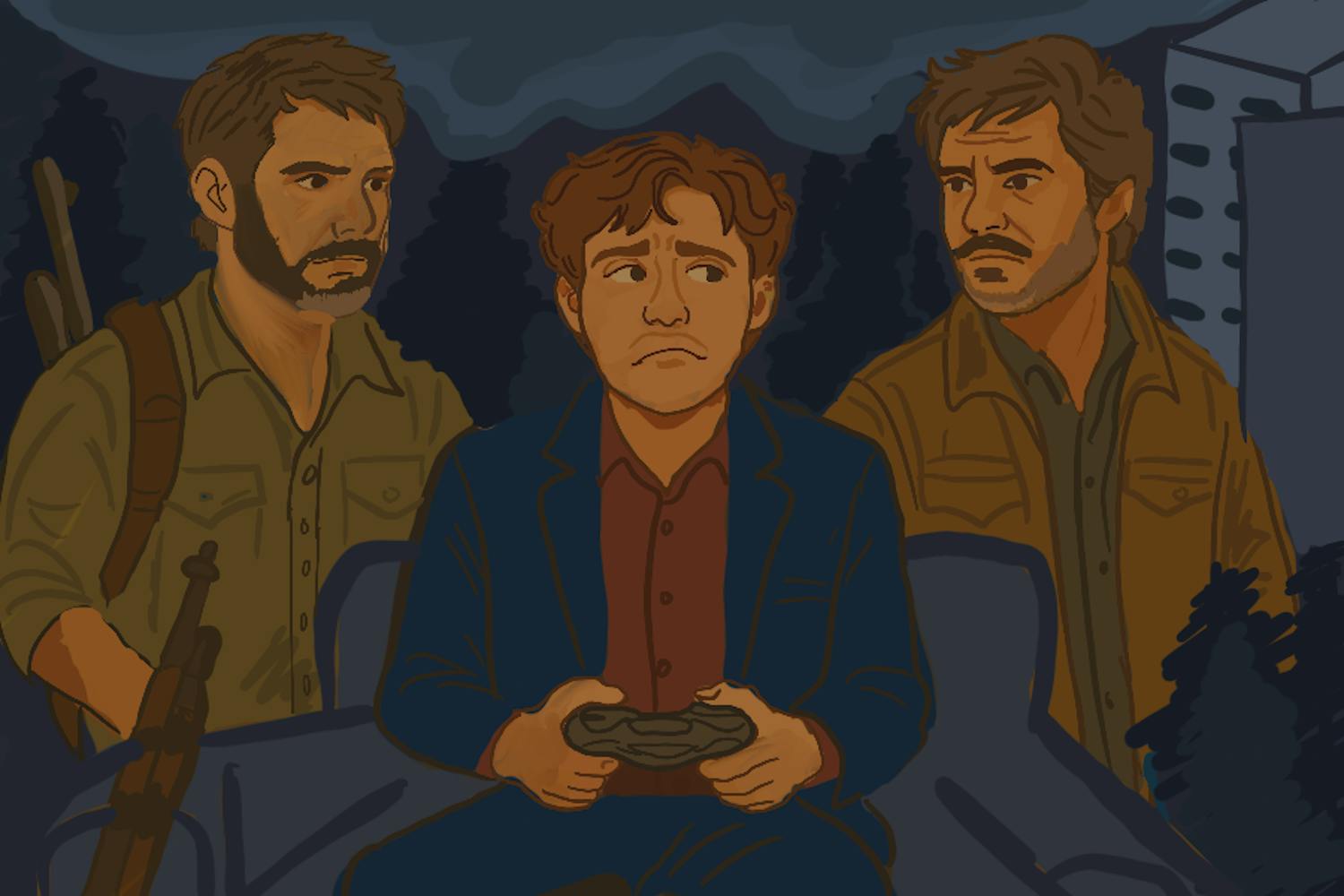"Get used to disappointment," says Westley, the romantic hero of "The Princess Bride."
Maybe you learned this early, when a grade school pal sat with someone else at lunch or a parent didn’t show for a big game. Everyone will ultimately disappoint you.
This advice came to mind when film critic and blogger "Film Crit Hulk" tweeted, “Hulk often worries that we’ve gone from a culture that loves movies we just saw to a culture that loves whatever is coming out later.”
The resulting conversation covered Hollywood marketing, our tendency toward “all or nothing” and reactionary nostalgia combating hyper-anticipation. In summary, Amit Runchal replied, “Anticipation > Reflection.”
Venture on any film industry site and you’ll see 2014 Oscar previews already beginning.
And it’s more than movies: video games, iPhones, books, clothes, and partners, too. We live by one of Barney Stinson’s many misguided mottos: “New is always better.”
Like Barney, we’ve started to collectively suffer from commitment phobia in all areas of life. We hype what’s next in a way that makes disappointment inevitable. There’s always something new around the corner.
Even if we’re happy, we’re not satiated: “That was good, but what’s next will be better.”
In that constant state of escalation, artists, athletes, public figures and those close to us are doomed to eventual failure.
By placing more focus on the anticipation of a coming project than on the discussion of what’s current, we avoid the reality of what is, in favor of the possibility of what could be.
It’s tempting, even freeing. We can have debates based entirely around hypotheses with little data. We’re discussing a nebulous concept that is ripe for input, speculation and interaction. It’s out in the middle distance, owned by no one and everyone.
When we finally address the finished product, we’re confronted by a work ultimately limited in scope, full of flaws and undoubtedly a let-down. It’s no longer yours and therefore always short of personal expectations.
What has yet to be is perfect. What exists already is not. Anticipation is flexible, but reflection is confrontational.
While it seems counter-intuitive to call our culture non-confrontational — especially when the build-up to film releases leads to vitriolic trolling — we nonetheless sidestep sincere discussion of the present.
Our relationship with reflection is for the sole purpose of discerning how the past can predict the future. We talk about good and bad plays in one game to predict the next game, how the newest phone will improve our current phone, what we’ll do differently when we have money and how we'll love when we become a better version of ourselves.
To talk about "the now" requires work. It requires that we admit that flaws exist. To reflect on a movie we just saw, or a game we just witnessed, or a person we’re getting to know, we have to address what that movie, or game, or person fundamentally is: imperfect.
And to admit that what surrounds us is imperfect might force us to admit that we, too, are imperfect, and our own visions of what could be are equally faulty.
Determining what is imperfect, problematic and dissatisfying demands our honesty. Our default shouldn't be to mindlessly upgrade, but rather to mindfully engage, even with the disappointments.
Reach the columnist at esther.drown@asu.edu or follow her at @EMDrown
Want to join the conversation? Send an email to opiniondesk.statepress@gmail.com. Keep letters under 300 words and be sure to include your university affiliation. Anonymity will not be granted.



